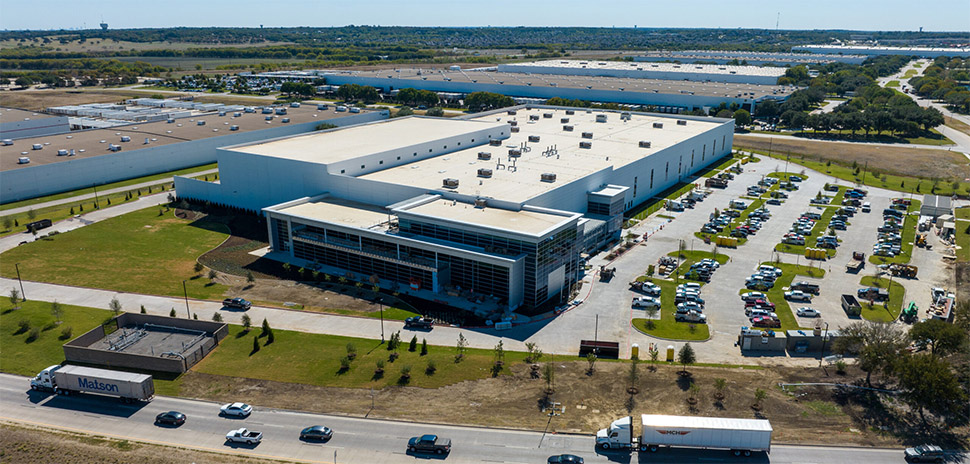Alpha Cognition—a biopharmaceutical company based in Vancouver with a North Texas office in Frisco—is dedicated to developing innovative therapeutics for debilitating neurodegenerative disorders.

Michael McFadden
One novel drug being developed by Alpha Cognition is ALPHA-1062, a proprietary, patented, delayed-release oral tablet designed for the treatment of people with mild to moderate Alzheimer’s disease.
The clinical stage company announced last week that the U.S. Food and Drug Administration has completed its filing review and has accepted the company’s New Drug Application for ALPHA-1062. Under the Prescription Drug User Fee Act, a goal date for the application has been assigned, with culmination set for July 27, 2024.
Michael McFadden, CEO of Alpha Cognition, said the FDA’s acceptance of the NDA for ALPHA-1062 “brings us another significant step closer to delivering a much-needed treatment to patients suffering from Alzheimer’s Disease.”
“We look forward to continuing our collaboration with the FDA throughout the review process,” McFadden added.
In September, Alpha Cognition was one of eight companies honored as “Rising Stars” at the 2023 BioNTX iC3 Summit.
A new-generation acetylcholinesterase inhibitor
ALPHA-1062, is a patented new chemical entity being developed as a new generation acetylcholinesterase inhibitor for the treatment of Alzheimer’s disease, with expected minimal gastrointestinal side effects, Alpha Cognition said.
The therapeutic is also being developed in combination with memantine to treat moderate to severe Alzheimer’s dementia, and as an intranasal formulation for cognitive impairment with mild traumatic brain injury, or mTBI, for which there are currently no approved treatment options, the company said.
Submission based on results from four studies
The NDA submission was based on results from four studies the company conducted demonstrating bioequivalence for ALPHA-1062 to galantamine and galantamine ER., Alpha Cognition said. Adverse events documented across all studies for ALPHA-1062 were less than 2%, with no insomnia observed, the company added.
Founded in 2020, Alpha Cognition is also developing ALPHA-0602, previously referred to as “Progranulin,” for the treatment of amyotrophic lateral sclerosis, also known as ALS or Lou Gehrig’s disease.
![]()
Get on the list.
Dallas Innovates, every day.
Sign up to keep your eye on what’s new and next in Dallas-Fort Worth, every day.







































































